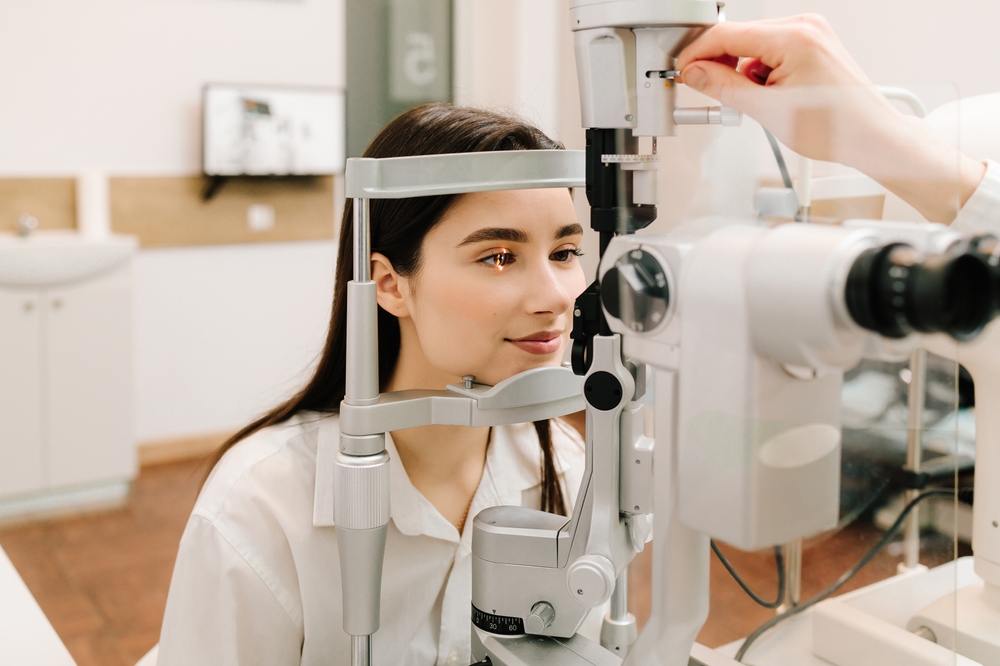
Living with diabetes requires more than just managing your blood sugar; it means taking care of your whole body, including your eyes. For residents of Pleasant Hills, Pennsylvania, diabetic eye exams are an essential part of staying healthy and protecting your vision. At O’Rourke Vision Care, we understand the unique needs of our local community and are here to help you stay ahead of potential vision problems caused by diabetes.
How Diabetes Affects the Eyes
High blood sugar levels can damage the tiny blood vessels in your eyes, particularly in the retina. This damage can lead to conditions such as:
• Diabetic Retinopathy: A progressive disease that can cause vision loss if left untreated.
• Diabetic Macular Edema (DME): Swelling in the central part of the retina, leading to blurry vision.
• Glaucoma: Increased pressure in the eye, which can damage the optic nerve.
• Cataracts: Clouding of the eye's lens, which may develop at a younger age in people with diabetes.
Why Diabetic Eye Exams Are Essential
Many diabetic eye conditions develop silently, without any noticeable symptoms in their early stages. This makes regular monitoring especially important for those living with diabetes. A comprehensive dilated eye exam gives your eye doctor the opportunity to detect even the slightest changes in your eye health before they lead to serious vision problems. Early detection is one of the most effective ways to prevent or minimize long-term vision loss.
During a diabetic eye exam, your doctor will carefully examine the retina and optic nerve for any signs of damage. They’ll also look for changes in the blood vessels, which can indicate the early stages of diabetic retinopathy. If you have any existing eye conditions, these will be closely monitored for progression. Based on the findings, your doctor may recommend treatment or schedule follow-up care to ensure your eyes remain as healthy as possible.
How Often Should Diabetics Have Eye Exams?
The American Diabetes Association recommends that individuals with type 1 diabetes receive an eye exam within five years of diagnosis, while those with type 2 diabetes should have one at the time of diagnosis. After that, diabetic eye exams should be scheduled annually, unless your optometrist recommends a different frequency based on your specific eye health needs.
Protecting Your Vision at O’Rourke Vision Care
In addition to regular eye exams, managing your diabetes through healthy eating, regular exercise, and proper medication is essential for preserving your vision. If you notice any changes in your vision, such as blurriness, floaters, or difficulty seeing at night, schedule an appointment immediately.
Schedule your diabetic eye exam at O’Rourke Vision Care and take a proactive step toward protecting your vision. Visit our office in Pleasant Hills, Pennsylvania, or call (412) 725-2020 to book an appointment today.







